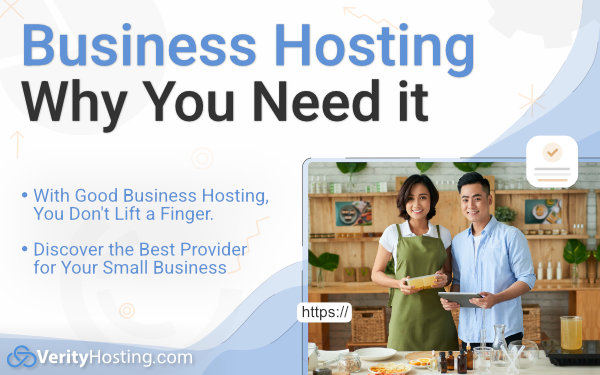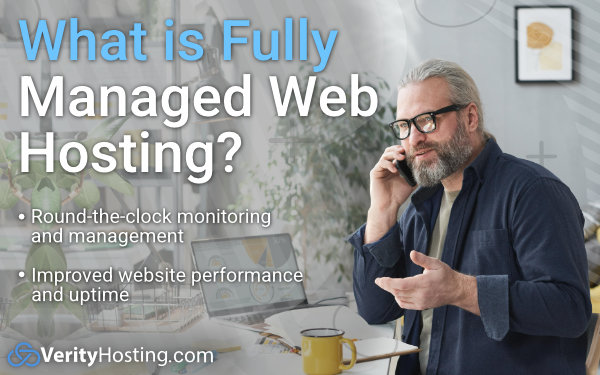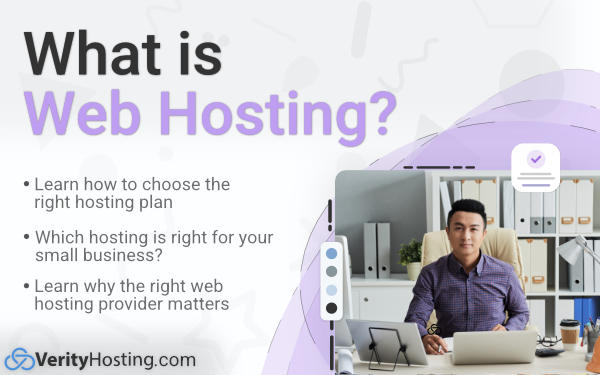
What is Business Hosting?
Upgrade your online presence and give your business a competitive edge with professional Business Hosting, one of the best kept secrets around.
Need help managing your small business website? click here
Content marketing and pay-per-click (PPC) advertising are two highly effective strategies for online marketing.
They are available to business owners to expand their online reach, improve website ranking, and convert more website visitors to customers.
PPC or pay-per-click instantly places your business at the top of search engine results pages or (SERPs). It also produces immediate results in the form of more clicks.
On the other hand, content marketing, or what is also referred to as search marketing, utilizes a slow but steady approach to help businesses rise through search engine result pages or (SERPs).
These two strategies are the foundation of most online marketing campaigns today.
PPC can be used to drive immediate traffic, while content marketing is used to build a sustainable audience for long-term marketing.
If your business is on a tight budget, deciding which investment to make can seem difficult.
Should you opt for pay-per-click advertising, or would it be better to build a solid content marketing strategy?
In this article, we'll explain which of the two strategies you should use for your small business. Well, also explain why you may want to choose one over the other when first starting your small business marketing campaign.
PPC is an acronym for pay-per-click. This is a digital advertising model in which the advertiser pays a fee whenever one of their ads is clicked.
Essentially, you are paying for targeted website visits.
When PPC is working properly, the cost is negligible. This is because the click's value exceeds what you pay for it. For instance, if you spend $3 for a click that results in a $300 sale, you have made a substantial profit.
PPC advertisements are available in several formats, including text, images, videos, and combinations of all three. They may also appear on search engines, websites, and social media platforms, depending on the type of PPC campaign you have chosen.
Content marketing entails creating and distributing valuable, relevant, and consistent content to attract and gain new clients.
Content marketing is a marketing strategy where you create content like articles, videos, or other forms of content and place it on your website, social media, or other platforms.
Content marketing aims to attract new customers, build your brand, and grow your customer base, where you can convert them into paying customers.
Content marketing lets you focus on providing the average internet user with beneficial, well-researched, and industry-relevant insights and blog articles. According to findings from an Aberdeen Group study on the effectiveness of content marketing, it produces six times more conversions than websites that do not use content marketing.
Some marketers believe that content marketing can, if done correctly, outperforms email marketing, outdoor advertising, and social media. At the very least, content marketing increases engagement and leads.
Content marketing improves the SEO of your website and can help you get to the first page of the search results. And since 95% of people only look at the first page of search results, that's where you want your page to be.
Investing in content marketing is a great way to increase your brand and generate more leads. Content marketing extends beyond articles to include the use of video, also known as video content marketing, and audio, also known as podcasts.
PPC is the quickest way to the top of search engine results pages. Which, in turn, gives you instant visibility to users who are looking for your products or services and are ready to buy. But the most crucial question here is whether the clicks actually result in instant conversions.
Google claims that search advertising can increase brand awareness by up to 80% since consumers conduct up to 160 billion searches on Google monthly. Companies can now attract more customers than ever by capitalizing on these opportunities.
When done correctly, pay-per-click advertising may drive even more conversions than organic or SEO advertising. Given that the average click-through rate for Google ads is 3.17%.
With a market share of 37.2% and 19.6%, respectively, Google and Facebook ads dominate the digital advertising space. That is more than half of the digital advertising industry's market share.
So you can see that pay-per-click advertising does work; however, it's best to be careful and find the right company to work with to get things set up from the start. Without proper guidance, you can quickly burn through your advertising budget.
When content marketing begins to generate leads, you'll notice that the quality of those leads may be better than your PPC leads. Some marketing experts believe organic search traffic generates the most customer leads and has the highest conversion rates. However, this depends on your industry and the type of products and services you sell.
Long term, you may find that content marketing is a more effective way to drive traffic to your website. This, however, can have a significant upfront cost as you build content across multiple advertising platforms. That is, website blogs, social media posts, and videos.
On the plus side, the costs are all upfront. Once the content is published, it climbs the ranks in search results, generating clicks and leads, usually without additional cost.
Content marketing requires more commitment to long-term growth. You may not see any real results for six to eight months after you publish your content.
The good news is that once you start getting more traffic, it should continue to increase as long as you publish and promote new content. According to HubSpot, old blog posts about evergreen topics account for up to 38% of the total internet traffic.
It takes time for content marketing to gain traction, but once it does, you will realize the long-term benefits for years to come.
Good help is challenging to come by, especially for writers. It also takes time to thoroughly vet a writer and assess their abilities and compatibility with your brand.
Using in-house talent is a great option. Using staff that knows your business can produce some of the best original content out there. However, you will find that creating really good content can take a significant amount of work.
If you need to be at the top of search results right away, then PPC is going to be your best choice. Google is the top search provider, with over 94% of search engine traffic. So using Google AdWords is the best place to advertise if you're looking for quick results. If the page is relevant and your bid is high enough, Google will place you at the top of their search results.
The amount you pay per click with PPC ads can vary depending on the industry. Some industries, such as legal, will face more keyword competition.
However, if you are in a business such as education, employment, or eCommerce, PPC can be much more affordable.
PPC costs about $2.32 per click on average. That is significantly less expensive than the legal industry's $5.88 per click. That is also the average; your industry may be less expensive.
If you aren't drowning in cash, it's nearly impossible to maintain a good long-term PPC strategy. This is because you are charged every time someone clicks on your ad. You'll have to pay a lot of money just to maintain a visible presence on Google if you want to generate more traffic and be at the top of the results.
The most significant disadvantage of PPC advertising is that you will drop out of the top spot as soon as you stop paying to be there.
This is very different from content marketing, where you gradually but steadily rise to the top of search results. Your ranking will never disappear with content marketing as long as it remains relevant, and you will never have to pay another penny to stay there.
PPC and content marketing are both effective digital marketing strategies. While content marketing has a longer life cycle, lower costs, and higher lead quality, PPC produces immediate results.
So which one to use depends on the situation or specific marketing need. However, remember that your PPC ads may be a waste of time without quality content. As a result, as you prepare for incoming traffic through content marketing or PPC, you must still create high-quality content.
To summarize the discussion of content marketing vs. PPC, it is essential to note that both are required to achieve the best results for a company and its brand. However, the company's preference remains where to begin. After all, each will have its own sense of urgency, goals, strategies, and budget.
A high-quality lead is more likely to purchase your products, and content marketing is more effective at attracting a high-quality lean. If done correctly, organic search traffic can generate continuous leads for your small business.
It takes time for content marketing to gain traction, but once it does, it's hard to stop. According to HubSpot, old blog posts using evergreen topics account for up to 38% of total internet traffic.
On the other hand, PPC provides incredible visibility and propels you to the top of search results for a price.
All photos used have been curated by Verity staff

Verity Editorial Staff
The editorial staff at VerityHosting is a team of hosting experts with over 25 years of experience managing, monitoring, and maintaining hosting services for small businesses.
Get helpful small business tips from VerityHosting.com

Upgrade your online presence and give your business a competitive edge with professional Business Hosting, one of the best kept secrets around.

Take your reliability, security, and support to the next level with fully managed web hosting.

Learn what web hosting is and how to choose the best hosting provider for your next project.
Verity Hosting - Providing professional managed hosting services while being focused on helping our clients to build a successful business on the web and on mobile.